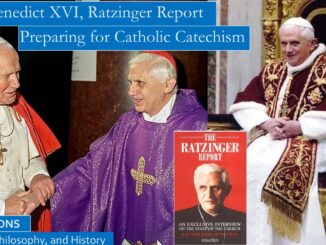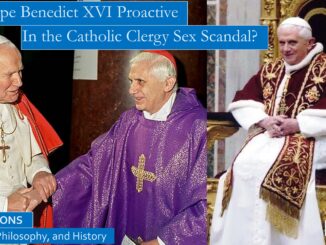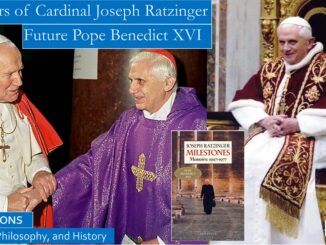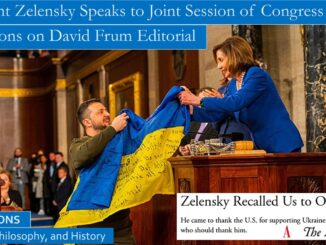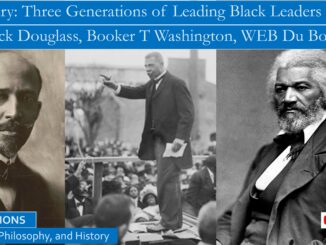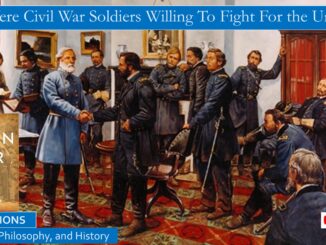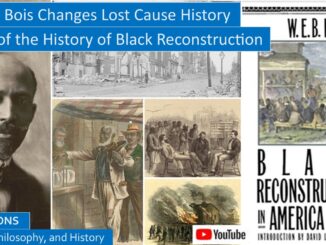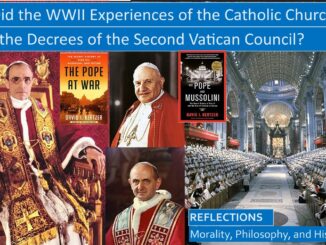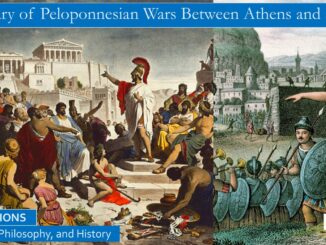
Booker T Washington, Later Autobiography, My Larger Education
When Booker T Washington first started Tuskegee Institute, he immediately had to raise funds from the white businessmen of Macon County. He explains his pitch, “the best way to influence the Southern white man in our community, I have found, is to convince him that you are of value to that community. For example, if you are a teacher, the best way to get the influence of your white neighbors is to convince them that you are teaching something that will make your students” acquire skills that “adds something of value to the community.” I showed them that “the presence of Tuskegee Institute meant better farms and gardens, good housekeeping, good schools, and law and order.” […]

